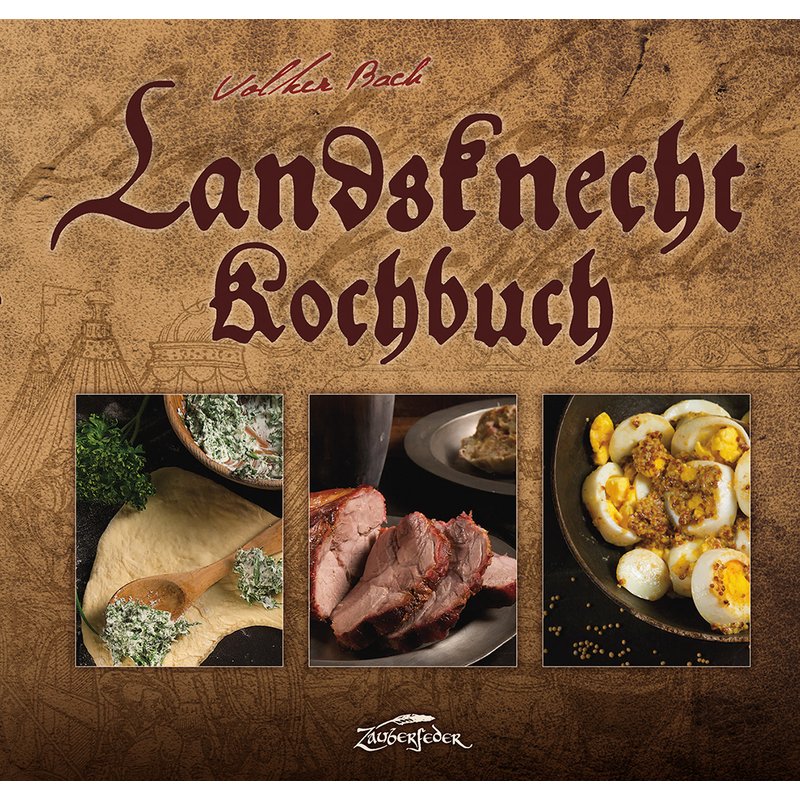It's complicated, and I think it was addressed somewhere before in part, so I'll try to be brief. This is not a unipiolar world, linguistically.
The upper classes globally are multilingual. If you pretend to a full education, you will speak French, English and German, and read at least Latin, but probably also Greek.
If you are in international commerce and/or banking, English is required wherever you live.
If you do sciences seriously, you have to read English, German and French. All the big journals are in one of these three.
Language education filters downward gradually, but there is a lot of informal language learning and private-sector schooling. Ultimately, the question for any educated person is not so much which of the leading languages you learn as which one you learn first. That depends a lot of geography and politics.
In much of Central Europe, the first status language people learn is German (the first foreign language they learn is often enough their putative national language). It functions as a lingua franca for travellers, for regional commerce and for military affairs, but the seriopusly upper upper classes use French (and English later in the century) by preference. Since German is a recognised minority language in almost every country there, it is also encountered regularly in signs, official documents, and government publications.
German is also a popular language to learn in Sweden and the Netherlands (as well as Belgium, Serbia, Montenegro and the Ottoman Empire) for employment opportunities and career advancement. But it is always only one of several options. More Swedes learn German than English, but most educated Swedes learn both.

 zauberfeder-shop.de
zauberfeder-shop.de
